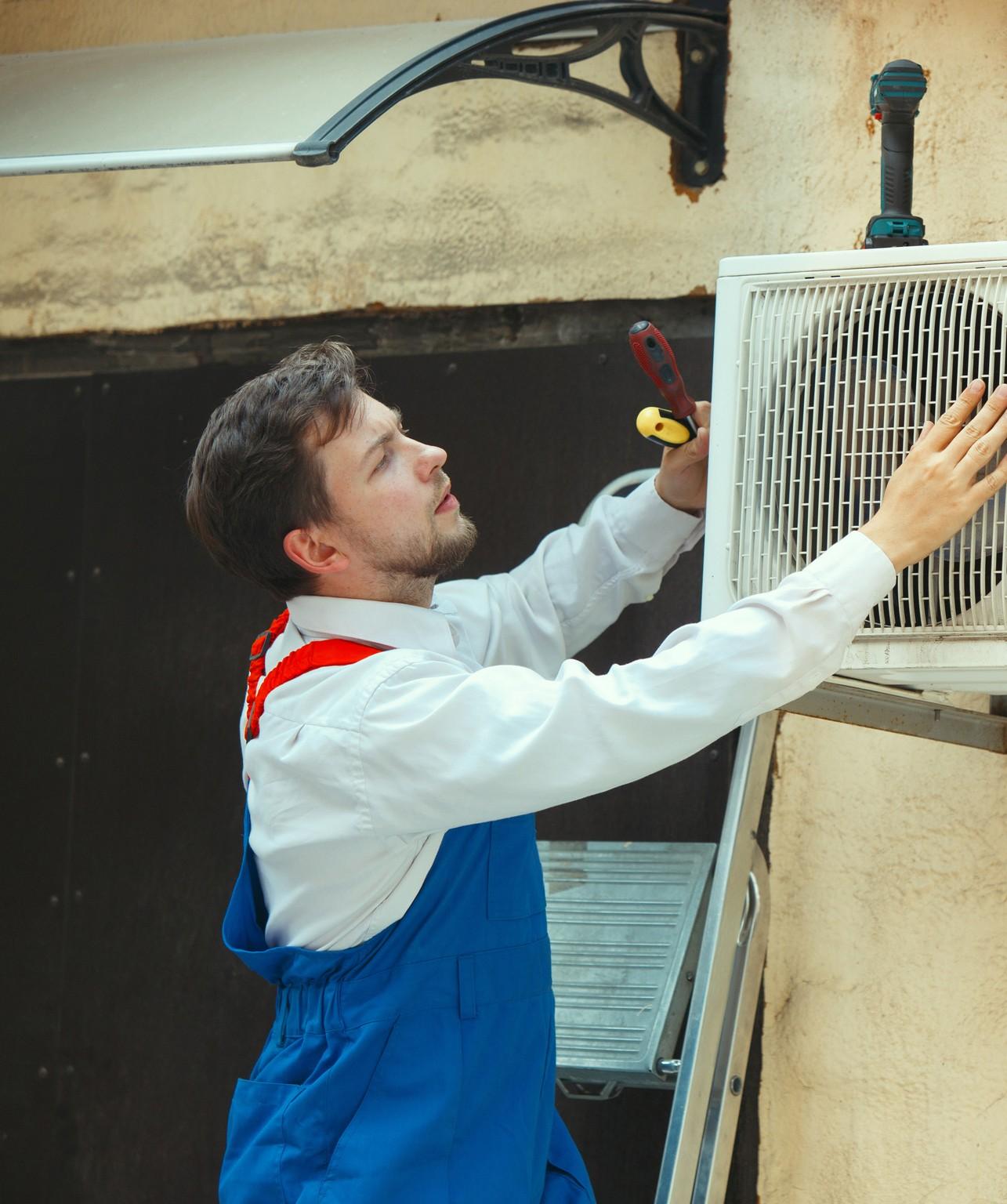









In a world increasingly concerned about environmental sustainability, every aspect of our lives is under scrutiny for its impact on the planet.
Heating and air conditioning systems, vital for comfort in our homes and workplaces, are no exception. As we strive to reduce our carbon footprint and mitigate the effects of climate change, the adoption of green heating and air solutions emerges as a crucial step towards a more sustainable future.

Traditional heating and cooling systems often rely on fossil fuels such as natural gas, oil, or coal, which release significant amounts of greenhouse gases into the atmosphere when burned. These gases, including carbon dioxide and methane, contribute to global warming and climate change. In contrast, green heating and air solutions utilize renewable energy sources such as solar power, geothermal energy, or biomass, significantly reducing or even eliminating greenhouse gas emissions associated with heating and cooling.

One of the primary environmental benefits of green heating and air solutions is their superior energy efficiency.
Traditional HVAC systems can be notoriously inefficient, leading to wasted energy and higher utility bills. Green alternatives, such as high-efficiency heat pumps or solar thermal systems, utilize advanced technology to maximize energy output while minimizing energy consumption. By reducing the amount of energy required for heating and cooling, green solutions help lower overall energy demand and decrease reliance on fossil fuels, further reducing environmental impact.



Conventional heating and air conditioning systems often rely on finite resources such as natural gas and oil, contributing to resource depletion and environmental degradation. In contrast, green heating and air solutions harness renewable resources that are abundant and sustainable in the long term. For example, geothermal heat pumps utilize the Earth's natural heat stored underground, providing a virtually limitless source of energy without depleting finite resources. By minimizing reliance on finite resources, green solutions help preserve natural ecosystems and reduce the environmental damage associated with resource extraction and processing.

Indoor air quality is a critical concern for human health and wellbeing, with poor air quality linked to respiratory problems, allergies, and other health issues. Traditional heating and cooling systems can contribute to indoor air pollution through the release of pollutants such as particulate matter, volatile organic compounds (VOCs), and carbon monoxide. Green heating and air solutions, however, prioritize air quality by minimizing or eliminating the release of harmful pollutants. For example, solar heating systems and heat pumps produce clean, emissions-free heat, improving indoor air quality and creating healthier living environments for occupants.



The transition to renewable energy is essential for reducing greenhouse gas emissions and combating climate change. Green heating and air solutions play a crucial role in this transition by demonstrating the viability and effectiveness of renewable energy technologies in the residential and commercial sectors. By investing in green heating and air solutions, individuals, businesses, and communities contribute to the growth of renewable energy industries and accelerate the transition away from fossil fuels.
Additionally, widespread adoption of green solutions helps drive innovation and reduce the costs associated with renewable energy technologies, making them more accessible and affordable for all.

Beyond their direct environmental benefits, green heating and air solutions promote a culture of environmental stewardship and sustainability. By choosing green alternatives, individuals and organizations demonstrate their commitment to reducing their environmental footprint and protecting the planet for future generations. Green buildings equipped with energy-efficient heating and cooling systems serve as tangible examples of sustainable living and inspire others to take action towards a greener, more sustainable future.

green heating and air solutions offer a multitude of environmental benefits, ranging from reducing greenhouse gas emissions and energy consumption to improving air quality and supporting renewable energy transition. By embracing these solutions, we not only reduce our impact on the environment but also create healthier, more sustainable communities for ourselves and future generations. As we face the challenges of climate change and environmental degradation, the adoption of green heating and air solutions emerges as a crucial step towards building a more resilient and sustainable world.




